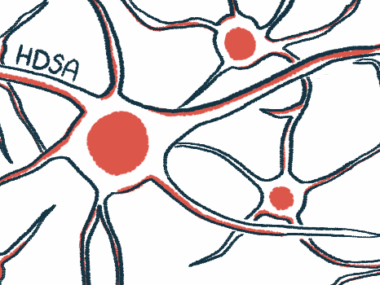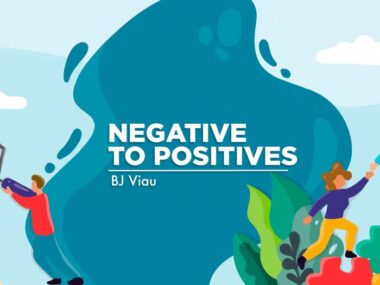Why estate planning is important for families with Huntington’s
A free online resource can help you get started on the process
Written by |

Death wasn’t something I thought much about when I was younger. My mortality felt distant and abstract. Then, over a 16-year period, everything changed: My two older sisters died, one from cancer and the other from a tragic accident, and my parents also passed away. During that time frame, my wife, Jill, and our daughter, Alexus, discovered they were gene-positive for Huntington’s disease (HD), a rare and terminal illness.
All that death and suffering transformed my understanding of mortality and emphasized the importance of planning ahead.
Recently, a Huntington’s Disease Society of America (HDSA) email about National Estate Planning Awareness Week caught my attention. While this week might seem like another calendar notification for most people, it carries profound significance for HD families. When you’re facing a neurodegenerative illness like HD that relentlessly progresses over time, having a clear plan for the future isn’t about giving up; it’s about taking control.
It’s also about having hope.
A simple way to plan
Denial can cause some people to avoid thinking about estate planning. But taking steps to create a will can be an act of hope — hope that your loved ones will be taken care of. Caregivers often become so immersed in daily challenges that the future takes a back seat. But a solid estate plan can provide immense relief to caregivers and their loved ones with HD.
HDSA’s email shared that it had a partnership with FreeWill, an organization that helps people write wills for free. That’s made possible by the 1,800-plus nonprofits and businesses that sponsor its services.
FreeWill allows you to create a legally binding will in just 20 minutes — completely free. Traditional estate planning typically costs hundreds or thousands of dollars and can require multiple visits to a lawyer.
The online service offers comprehensive planning options, allowing users to:
- designate guardians for children or pets
- list all personal property and decide which people or charities should receive each asset
- name an executor to carry out the terms of the will.
If you’re ready to begin this important process, you can visit the FreeWill website or contact HDSA at 212-242-1968 or [email protected] for guidance about estate planning and other available resources.
HDSA’s email was another reminder that what matters in this rare disease journey is love, family, and hope. In the HD community, these values remain our foundation.
Note: Huntington’s Disease News is strictly a news and information website about the disease. It does not provide medical advice, diagnosis, or treatment. This content is not intended to be a substitute for professional medical advice, diagnosis, or treatment. Always seek the advice of your physician or other qualified health provider with any questions you may have regarding a medical condition. Never disregard professional medical advice or delay in seeking it because of something you have read on this website. The opinions expressed in this column are not those of Huntington’s Disease News or its parent company, Bionews, and are intended to spark discussion about issues pertaining to Huntington’s disease.




Leave a comment
Fill in the required fields to post. Your email address will not be published.